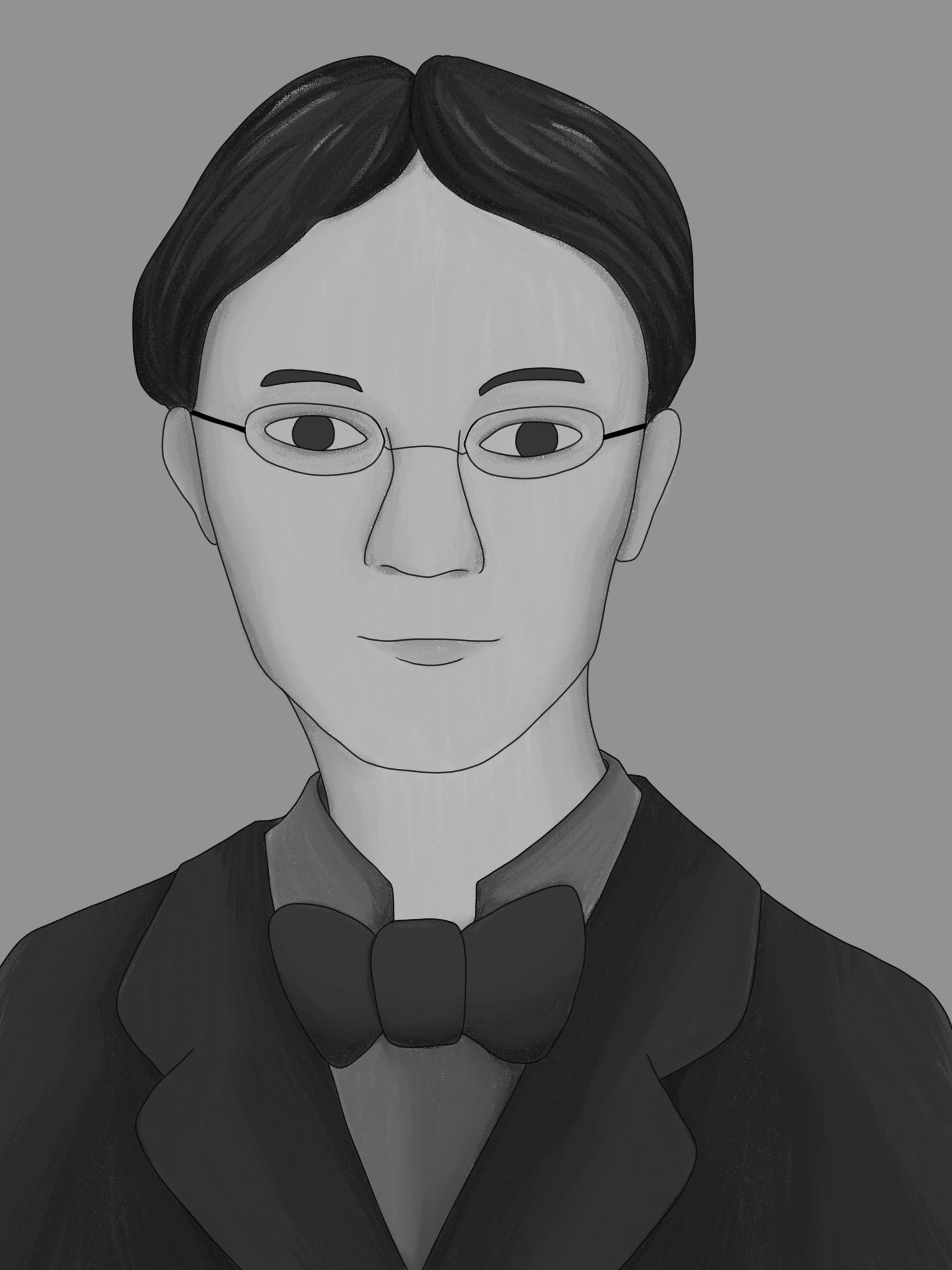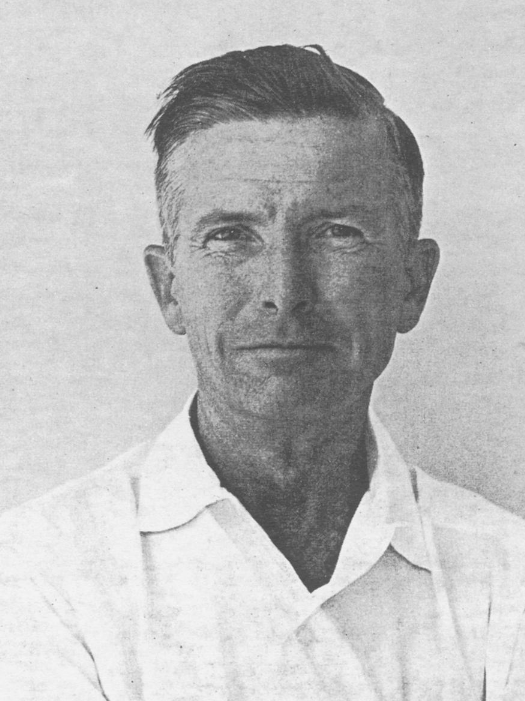 |
 |
|
We have not targeted plant ecologists, so this is a very minimal list. We include here only those scientists who published a significant number of articles on plant ecology (in the journals we have been indexing). All botanists are amateur ecologists, and all ecologists are amateur botanists (both categories have exceptions). |
|
1911 - 1963 |
1914 - 1998 
IMAGE NOT YET AVAILABLE
Noel Beadle Noel Beadle was an Australian plant ecologist on the faculty of University of New England, Armidale, Australia. Beadle had collected across New South Wales after finishing college, and worked with the Soil Conservation Service, NSW, publishing the Vegetation Map of Western New South Wales in 1948. His book The Vegetation of Australia was published in 1981. |
|
1890 - 1962 
IMAGE NOT YET AVAILABLE
Herbert Hanson Herbert C. Hanson was an American plant ecologist and plant geographer associated with The Catholic University of America. |
|
1886 - 1955 |
|
1879 - 1970 
IMAGE NOT YET AVAILABLE
Albert Wright Albert Hazen Wright was a herpetologist, ecologist, botanist, and historian who studied at Cornell for his undergraduate, master's, and Ph.D., and later returned as a zoology professor and Bailey Hortorium board member. |





















































